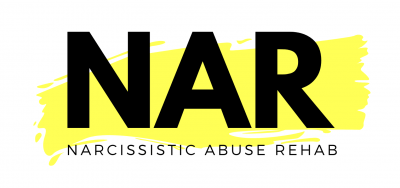Under the surface of Europe’s progressive policies and human rights milestones, is a harsh reality that stands in stark contrast its celebrated principles of equality and liberty. More than 3,000 femicides occur each year at the hands of intimate partners or family members, a grim reminder that there is little no sanctuary against the threat of violence against women and girls who make up half the world’s population. The subjugation of women takes the shape of physical, sexual, and psychological violence, as well as economic abuse and post-separation control.
1 in 3 Women Have Experienced Domestic Violence
According to The European Commission, 1 in 3 women across the European Union and globally has experienced physical or sexual violence at least once in their lifetime. This statistic reflects of the deep-seated societal and systemic failures that continue to endanger women’s safety and dignity. The chilling frequency of these incidents, with at least two women killed weekly in the EU by an intimate partner or family member, underscores the urgency to take action.
30% of Sexual Harassment Take Place At Work
The lives of women are frequently disrupted in the workplace with 32% of sexual harassment incidents in the EU occur. This underscores the importance of revising workplace cultures so that all people are free to earn a living wage free from fear. There is a need for greater awareness and the implementation of robust policies to protect women from sexual predators at work.
Legislative Measures and Commitments
The EU is taking a proactive approach towards combating gender-based and domestic violence. 2022 saw the adoption of the proposal for the first EU-wide law to combat violence against women and domestic violence in 2022. This legislation aims to criminalize the most severe forms of violence, including rape, female genital mutilation, and cyber violence like stalking and non-consensual sharing of intimate images, uniformly across the EU.
However, with misogyny directly causing the deaths of 3000 European women and girls every year, it is baffling why it is yet to be recognized for the hate crime. This is the most important step because while the EU’s proposed legislation is commendable it fails to take preventative measures by addressing the underlying issue. The comprehensive legislation, practical measures, and financial support are a start, but gaps remain that impede a safer future for women and children.
The Path Forward
I sometimes think it is a mistake to use the term domestic violence because at the end of the day these acts are human rights violations that occur due to the objectification of women and girls. Perpetrators of these antagonistic acts refuse to uphold the EU’s core values. This is not just a legal battle, it is a moral one that challenges all right minded people to confront their biases, to open their minds, and create spaces where women and girls can enjoy the same rights as every other citizen. Gender-based violence must be condemned and prevented, but it must also be prosecuted to send a clear message of zero tolerance to all who would stand against freedom and equality.






